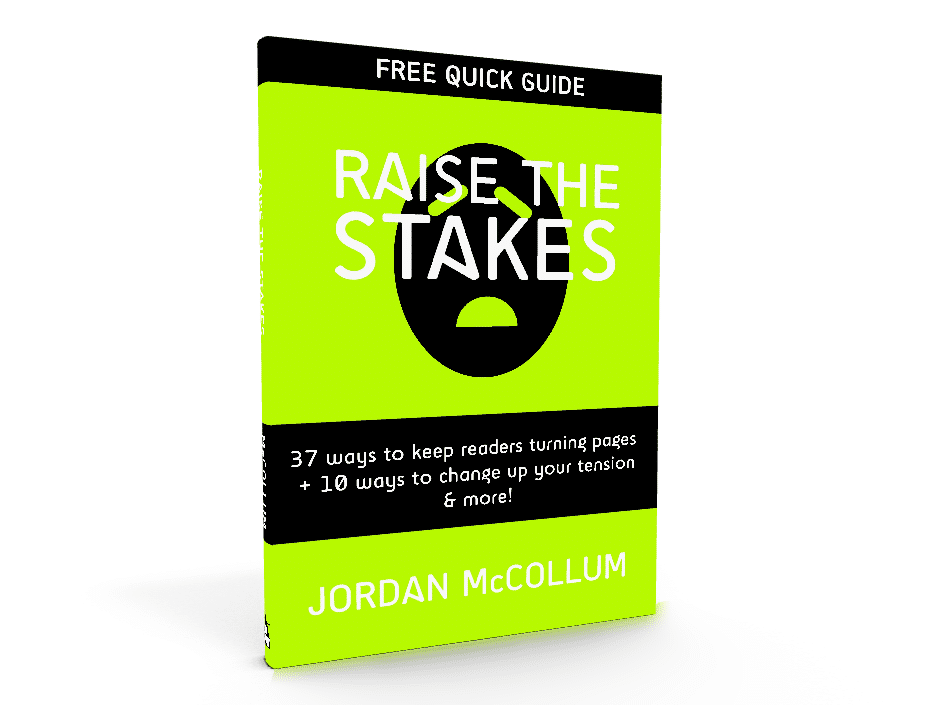Remember how I’m excited for Nano? Yeah, I am. Sometimes I forget, too. It’s okay.
I’m a fairly fast writer, but I’m also the mom to four small children. My husband is great and super supportive, but with a full-time job, he can’t exactly run the household for me. And then family came into town, two of my kids got sick, the baby stopped sleeping . . . I’ve got a lot on my plate, so I try to maximize my writing time.
In honor of week three of Nano, here are . . .
My best productivity tips!
Brain dump & planning your day
Sometimes I’m juggling so much in my brain—the to-do list, the next scene I’ll be writing, the menu, the groceries, that cool title idea—that I have a hard time speaking, let alone writing. I keep a running list of things I want or need to do in a little notebook, just to get them off my brain.
At the start of the week, I make up a grid for the rest of the week, divided by day and time period (morning, afternoon & evening). I write in any appointments, then I slot in tasks and to-dos from my brain dump list.
And of course, I put writing on my list.
Write first.
My best writing days are almost always the ones where I get up bright and early and pound out half a chapter before breakfast. Not only does it give me a jump start on my word count, but it also sets me in a writing mindset for the day, even if I have to leave it for a couple hours to get stuff done.
Most of all? It feels good to accomplish something first thing!
Plan.
Just like I plan out my week, I like to plan out my novels. I plan on a large scale, using pen and paper. I brainstorm ideas for scenes, then use a planning roadmap from Save the Cat and Story Engineering to help arrange them in a good order (which I give away as a freebie for joining my email list, if you’re interested).
Go for the triangle.

Author Rachel Aaron outlines the analytical process she used to take her daily output from 2,000 words to 10,000 words on a consistent basis. One of her most important breakthroughs was realizing that when she put together three sides of a triangle, she could write amazingly fast. She goes into far more detail in her (short, read in a day) book, but the three factors that helped her were:
- Planning out the scene she’s about to write
- Writing at the time of day and for the length of time she’d found to be most productive (not by feeling or guesswork but cold, hard data)
- Getting excited to write the scene
The few extra minutes of prep can make a huge difference!
Eat, sleep and shower.
Not taking care of yourself during Nano (or any other fast writing time) is a surefire way to burn out, hate life and resent writing. Just don’t do it.
Boost your brain’s creative powers.
If you’ve got a routine to get into your creative place, do it! I used to use Minesweeper . . . until I was playing more than writing. There are some other things you can do to help boost your brain’s creativity:
- I’m serious about the eating and sleeping. Your brain needs nutrients and rest.
- Physical exercise. Increases your blood oxygen levels and gives you a boost of the happy hormones.
- Menial housework. Dusting, vacuuming, dishes—anything monotonous that lets your mind wander through your plot problems.
- Showers. Keeps you clean and gives you a chance to sort through your subconscious. A waterproof notepad might help, too.
- Naps and notebooks. Many people have really great bursts of inspiration as they enter a dream state while falling asleep. I keep my brain dump notebook by my bed to take notes. I’ve also heard of creative people who’d purposefully lay with a pencil, notepad or even a spoon in their hand, so as they relaxed while falling asleep, they’d drop the item and startle themselves awake, so they could use that great idea they were sure to have.
(More on making your brain more creative coming soon! But . . . after NaNo.)
Sprint.
Whether you find a writing buddy in person or online, timed racing is one of my favorite ways to rack up the words. I’ve found that an in-person sprint is more effective. (For example, last year I got 1200-1300 in 20 minutes at a live event, and in a typical 30 minute Twitter sprint, I’ll get 600-1200.)
Swing for the fences
Once upon a time, I thought 2000 words a day was pretty impressive. Then I came upon Candace Havens’s Fast Draft method, and Rachel Aaron’s book (mentioned above), and tried to push myself, and I found I could do 5000 words a day—a week day, with the kids home and guiding homework and making dinner and even keeping up with the laundry (something I can’t seem to do half the time anyway!).
Then, a couple months ago, I decided to re-up my challenge level and shot for 10,000 words on a regular day. I almost made it, too, but I ended up doing 8000 words two days in a row. The next day, it took me all day to write the last 2000 words in the novella. It’s all about how you frame your goals!
I started Nano on the 14th and got all the way to 43,000 words by the 23rd. Then everything went crazy, and I’ve only gotten 700 words this week. But I can do this—and so can you! Let’s catch up!
What do you think? How do you up those word counts?



